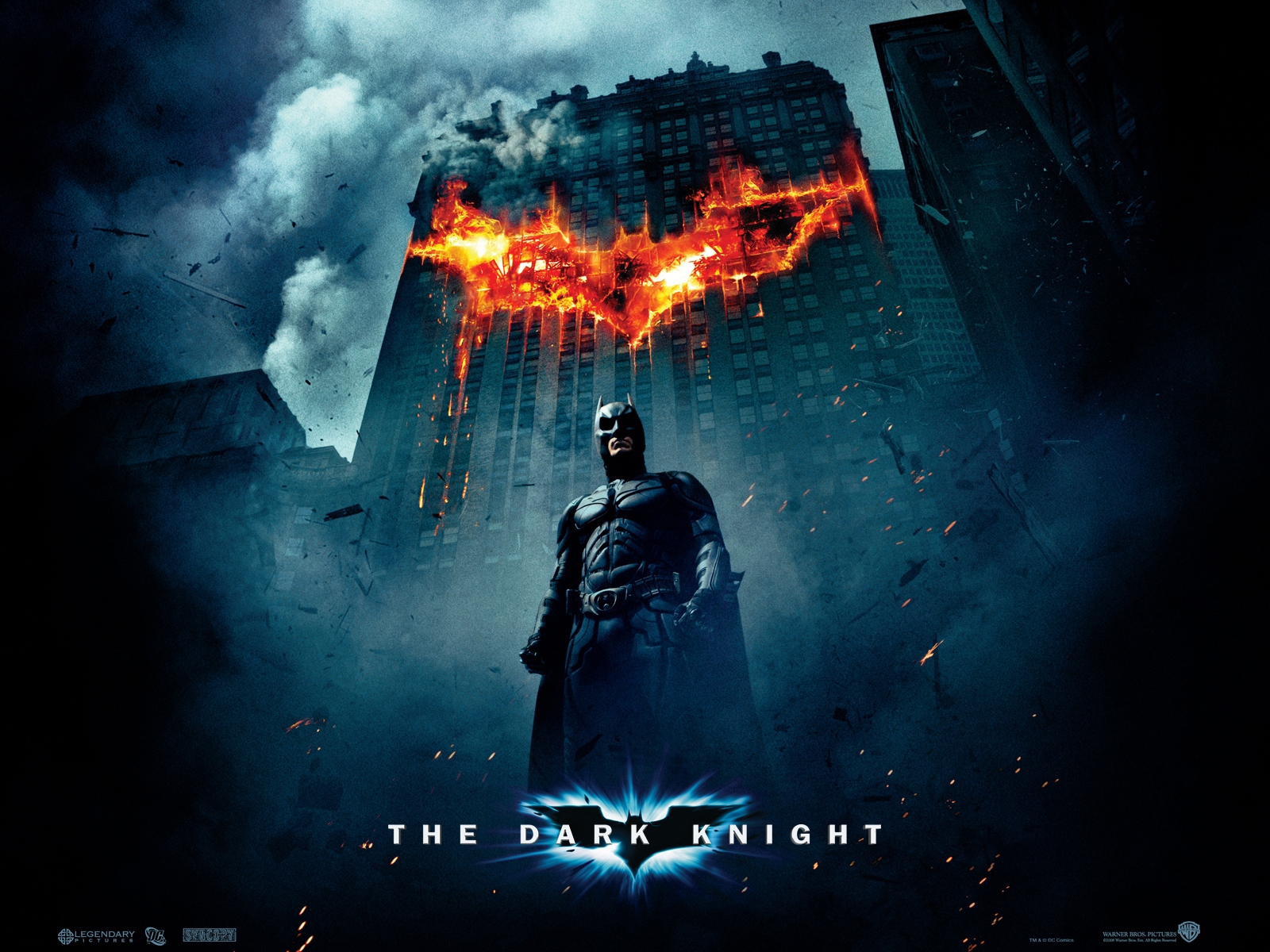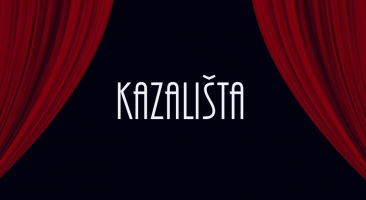
Discover Zagreb: Croatian music
Piše
Iva Bucić
The music of Croatia, like the divisions of the country itself, has two major influences: Central European, present in central and northern parts of the country including Slavonia, and Mediterranean, present in coastal regions of Dalmatia and Istria.
In Croatia both pop and rock are popular, as well as pop music influenced by Dalmatian or Slavonian folk elements. Since the mid-20th century, schlager and chanson-inspired music have formed the backbone of the Croatian popular music. Prominent mainstream pop artists include: Oliver Dragojević, Gibonni, Dino Dvornik, Toni Cetinski, Thompson and others.
Croatia is known for the specific Dalmatian sound performed at various festivals along the Adriatic coast with Oliver Dragojević being one of the most eminent artists. Some of the most successful and long-lasting rock music acts that are treated as pop in Croatia include Parni valjak and Prljavo kazalište. A highly acclaimed singer-songwriter is the chanson-inspired Arsen Dedić.
Internationally successful singer and songwriter Ivo Robić is a representative of the Zagreb school of schlager. Hip hop bands such as The Beat Fleet and Elemental are also now treated as pop in Croatia. The underground music scene include popular punk rock bands Hladno Pivo, Let 3.
From punk rock emerged the new wave, and Croatia developed a successful scene of its own called Novi val (meaning New wave). The scene included some the most notable Croatian artists such as Prljavo Kazalište, Azra, Haustor, Film and Aerodrom. This period of the Croatian rock is covered in the rockumentary Sretno dijete released in 2003. Following the decline of the Novi val scene, many new artists emerged during the 1980s: the art rock and New Romantic bands such as Boa and Dorian Gray, the latter led by Massimo Savić, and also the synthpop duo Denis&Denis which featured Marina Perazić, originally from Rijeka, who later became a solo pop artist.
Furthermore, from the 1980s to the early 1990s was a great generation which brought out Thomislav Ivčić whose famous song Večeras je naša fešta (meaning, tonight is our night/party) was considered to be one of the best generational song to have been written, and is also considered to be one of the most chosen karaoke songs to sing. By this composer, Dalmacija (the Adriatic coast line region) has changed forever due to his great influence musically, and politically. In another city on the Adriatic coast, in Split, a notable heavy metal group was Osmi putnik, formed in 1985, which featured the now popular solo pop singer Gibonni.
Another popular act from this city was the pop group Magazin, while one of the most popular mainstream pop acts in the country was Novi fosili, initially with Đurđica Barlović on vocals, later replaced by Sanja Doležal. Late 1980s popular act was Boris Novković and his band Noćna straža. He is a son of the prominent Croatian composer of popular music Đorđe Novković.
During the existence of the former Yugoslavia with SR Croatia as its constituent country, the Croatian music scene contributed a lot to the federal Yugoslav pop and rock. The Croatian candidates were very successful in the former Yugoslav national preselection for the Eurovision Song Contest called Jugovizija. For several consecutive years, Yugoslavia in the Eurovision Song Contest was represented solely by Croatian artists: Doris Dragović in 1986; Novi fosili in 1987; Srebrna krila in 1988, and finally the winners of the Eurovision Song Contest 1989 – the Croatian group Riva.
The Eurovision Song Contest 1990 was held in the Vatroslav Lisinski Concert Hall in Zagreb, where again, Yugoslavia was represented by a Croatian artist – Tajči. An important person behind most of these successful Croatian Eurovision acts was the prominent popular music producer and composer Zrinko Tutić.
With the outbreak of the Croatian War of Independence many Croatian musicians gathered to record humanitarian or tribute albums for the Croatian forces. Such projects included Hrvatski Band Aid and Rock za Hrvatsku. They latter included the famous song E, moj druže Beogradski (Hey my Belgrade comrade) by Jura Stublić, the frontman of the group Film.
Following the proclamation of Croatia as an independent state, many new Croatian artists emerged. One of the most notable hits in this period was Tek je 12 sati by the dance-pop group ET (Electro-team). Croatia’s national music awards, Porin, were established in 1994.. Croatian independence also introduced a new generation of performers such as Daleka Obala, Thompson and pop act Baruni.
Tekst napisao: Mohamed Raafat

























